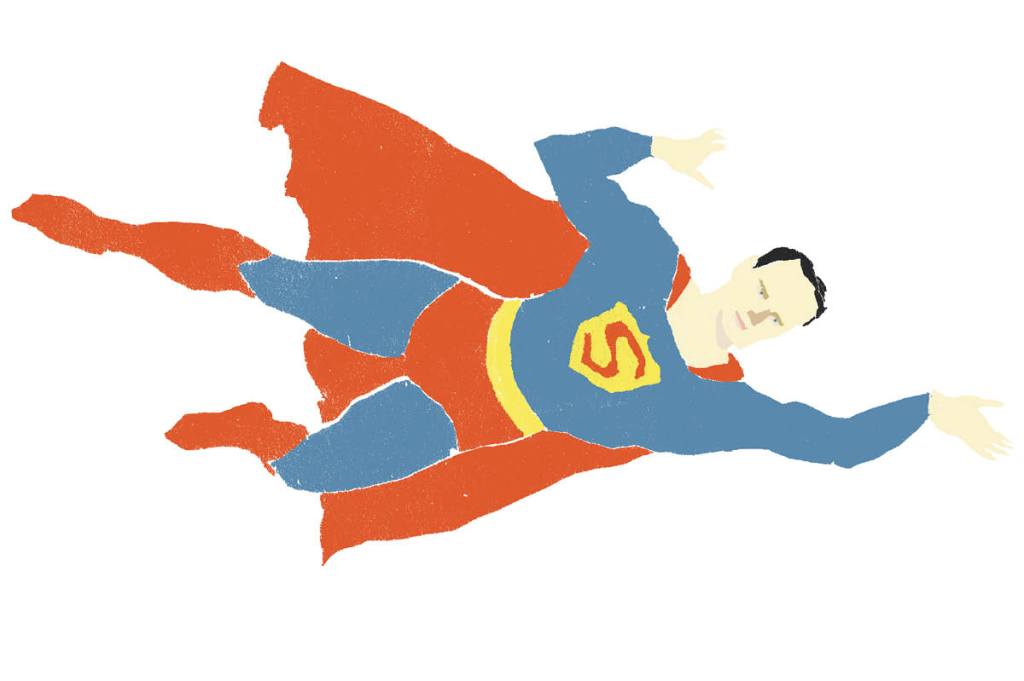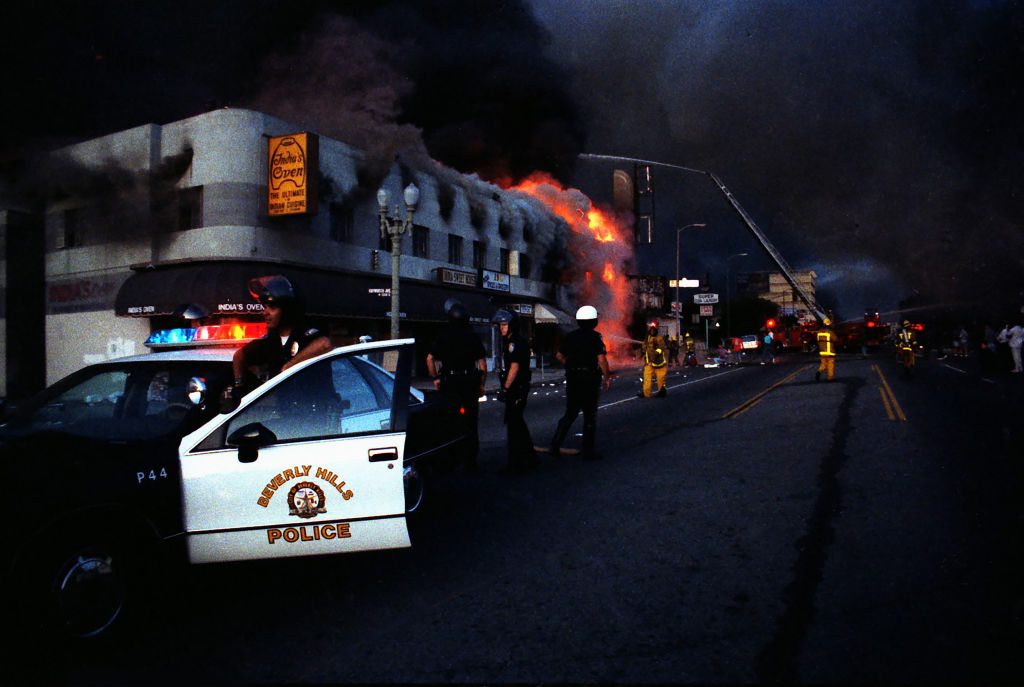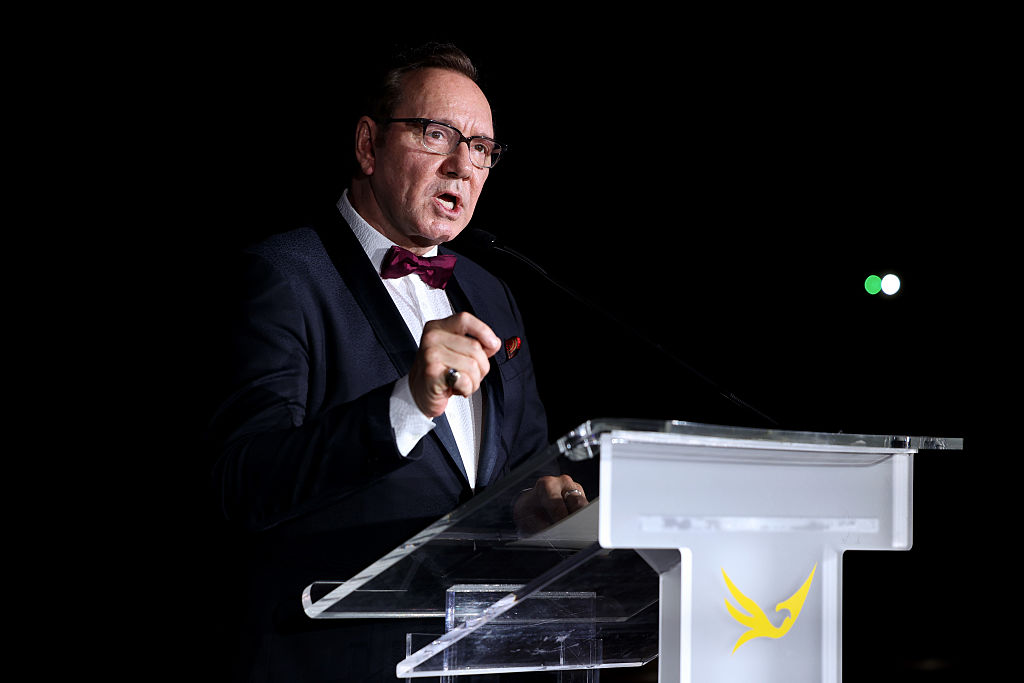In 2003, the Scottish comic book writer Mark Millar penned a three-part illustrated series for DC Comics titled Red Son. In it, he creates an alternate Superman universe that hypothesizes what would have happened had the Kryptonian orphan’s rocket landed in Soviet-occupied Ukraine, instead of Kansas, in 1953. Superman becomes a state agent for Joseph Stalin’s Kremlin. Instead of saving the world in the name of “truth, justice and the American Way,” he fights as “the champion of the common worker,” for socialism and the expansion of the Warsaw Pact.
Millar’s series took the usual fantastical comic-hero twists and turns, but the premise gets to the heart of what America means, and what Superman means to America: a concept that Hollywood has all but killed with a recent flood of generic comic book adaptions, as Marvel and DC Comics attempt to world-build. Something has been absent in recent times in the adaptation of film and art — the idea of a fundamentally American hero. Superman, as a character, is ultimately about why America is good, and Hollywood simply does not believe America is a force for good. “Truth, Justice and the American Way” as it exists in mass media today has given way to “My Truth, Social Justice and White Supremacy.” Hollywood does not appear to be headed for a course correction, either on Superman or America.
Americans do not think of themselves as sharing a common enemy, as they did during the Cold War. Hollywood won’t portray radical Islam in film due to cultural and media sensitivities. China fills a natural role, but thanks to the growing market overseas for films, Hollywood is capitulating to them politically by offering alternative edits to their films and even going as far as having Chinese state officials on set, as Marvel did with Iron Man 3 and others. On issues of race, policing, gender and politics, Hollywood takes a progressive posture. American cynicism is precisely why Amazon’s The Boys and its vicious anti-hero Homelander are more of a draw today than the big blue boy scout.
Filmmaker James Gunn, of Guardians of the Galaxy and The Suicide Squad fame, has been newly tasked with rebooting the DC universe on film, again. Superman: Legacy is slated for a July 2025 release. It is a chance for Hollywood to get Superman right again. Whether Gunn and Co. will take it is another matter. At the time of writing, Hollywood is experiencing a historic writers’ and actors’ strike that has frozen not only current projects, but all future projects as well. DC and Gunn should use that time to re-evaluate the main character and American icon. Gunn has cast David Corenswet, who is set to step into the cape in place of Henry Cavill.
Gunn’s general comments about how he is rethinking the character have been focused on race and gender and suggest he will miss the opportunity. Missing is any sign of an understanding of the grassroots history of who Clark Kent is: as a person, but more importantly, as an American. DC has described thenew Superman as a “workplace origin story.” Earlier this year, CEO of DC Studios Peter Safran was quoted as saying the new film will have a primary focus of “Superman balancing his Kryptonian heritage with his human upbringing.”
Director Zack Snyder, who brought the Man of Steel back to the screen in 2013, portrayed Superman as a flawed, Christlike figure, employing real-world media personalities like Charlie Rose, Anderson Cooper and Neil deGrasse Tyson to debate the philosophical meaning behind an alien with the ability to fly landing on Earth. Exploring Superman from a real-world media perspective is a rich concept. You can imagine the long diatribes and think pieces from the opinion pages of the New York Times — “Superman’s silence on the death of George Floyd is unacceptable,” or “Superman was AWOL during the January 6 riots. That’s a problem.” It would be enough for him to throw his hands up altogether and search out causes on new planets with intelligent life instead.
This is the dilemma, not only for the character of Superman, but for the portrayal of any pro-American hero in Hollywood. In the recent Avengers films, Marvel’s Captain America starts out rooted in World War Two American military symbolism, fighting the Nazis. Every film thereafter sees him dealing with personal and moral complications that rarely have anything to do with fighting for and protecting American ideals. The portrayal of American soldiers storming the beaches of Normandy seems to be Hollywood’s only universally agreed upon moment of American heroism. America was good. Nazi Germany was bad — but everything that came after is a morally complicated struggle session.
Hence why Hollywood has the very idea of Superman backwards. Superman knows what American exceptionalism is; Hollywood and our media struggle with accepting the same idea. Instead they view him as a symbol of imperialistic and misguided patriotic propaganda, and therefore, he must be reinvented, reimagined and rewritten. It is why Hollywood has failed to top Richard Donner’s 1978 Superman film.
But to ignore the American propaganda aspect of Superman and similar comic heroes is to betray their entire reason for being. The character’s co-creator Jerry Siegel enlisted in the United States military in 1943. He was trained as both a skilled mechanic and as a reporter for Stars and Stripes. The character of Superman himself was published primarily as American military propaganda, with the character routinely foiling Adolf Hitler and Joseph Stalin.
The world may have changed around him, but Superman is constant, and should be understood as the quintessential American hero. It is not Superman who struggles with his identity. He knows what his purpose is. Despite its failings, America is a global force for good, like Superman. We struggle, we falter, but our ideals remain a constant. They are everlasting. It’s not Superman and America who need to be re-imagined. It’s Hollywood.
This article was originally published in The Spectator’s September 2023 World edition.

























